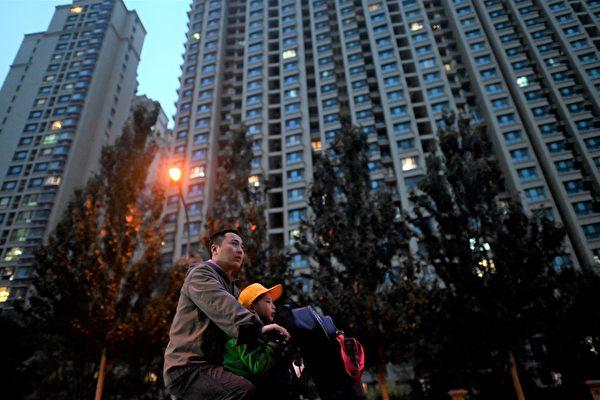China is currently grappling with escalating economic woes, as exports and domestic demand have been experiencing a persistent downturn, while private investment has diminished and the once-booming real estate sector has been rapidly losing momentum.
While some analysts have suggested that China’s economy is now stagnating in a manner similar to Japan’s at the beginning of its “Lost Decade,” an economist points out that China’s problems are more serious than Japan’s were in the 1990s.






